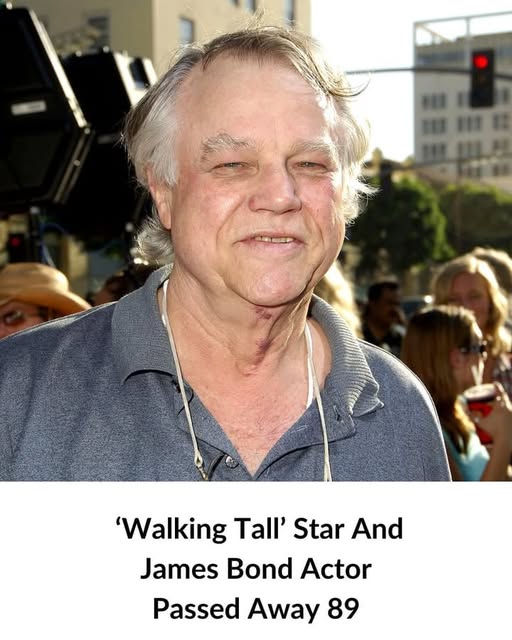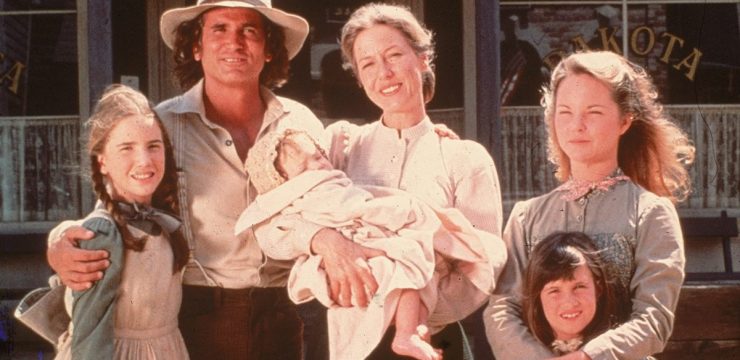Joe Don Baker, the American actor celebrated for his rugged portrayals of hard-edged characters on both sides of the law and best known for bringing real-life Sheriff Buford Pusser to the big screen in the 1973 hit Walking Tall, has died at the age of 89, his family announced on May 7, according to Deadline. In Walking Tall, Baker became an enduring cinematic figure, famously wielding a wooden club as Pusser and delivering his uncompromising brand of Tennessee justice.

The cause of death has not been made public. Born in 1936 in the small town of Groesbeck, Texas, Baker experienced personal tragedy early in life when his mother passed away, leaving him to be raised by his aunt from the age of 12. A gifted athlete, he earned a sports scholarship to attend North Texas State College, now the University of North Texas, and graduated in 1958 with a degree in business administration. After completing two years of service in the United States Army, Baker turned his sights toward acting, moving to New York City to study at the renowned Actors Studio, where he honed the craft that would define his career.
His breakout moment came when he took on the role of Sheriff Buford Pusser in Walking Tall, a film inspired by the true story of the Tennessee lawman’s fight against crime and corruption. The movie was a box office success and cemented Baker’s status as a leading man, earning him a place among Hollywood’s most compelling “tough guy” actors. His ability to bring grit, moral conviction, and a commanding presence to the screen became one of his hallmarks. Following the success of Walking Tall, Baker continued to display his range across a variety of genres.
In the same year, he starred opposite Walter Matthau in Charley Varrick (1973) as a determined and relentless hitman. In Mitchell (1975), he took on the role of a hard-nosed police detective unafraid to bend the rules to get results. His career in the 1980s included playing a shady gambler in the baseball classic The Natural (1984) alongside Robert Redford, as well as portraying a corrupt police chief in the comedy-mystery Fletch (1985) with Chevy Chase. In 1991, he worked under the direction of Martin Scorsese in the acclaimed remake of Cape Fear, taking on the role of a private investigator charged with protecting a family from a dangerous ex-convict played by Robert De Niro.
Long before these high-profile roles, Baker built his acting foundation on the stage, appearing in Broadway productions before making his way into television. He made guest appearances in popular series like Bonanza and Gunsmoke, gaining valuable on-camera experience. His film career began modestly with an uncredited part in the Paul Newman-led prison drama Cool Hand Luke (1967). Soon, however, he began to secure more substantial roles, especially in Westerns such as Guns of the Magnificent Seven (1969), a continuation of the legendary Magnificent Seven series, and Wild Rovers (1971), in which he shared the screen with stars like William Holden and Ryan O’Neal.
Baker’s versatility allowed him to move seamlessly between film and television, between heroes and villains, and between gritty crime dramas and lighthearted adventures. His later work extended into the James Bond franchise, where he left a distinct mark in two very different roles. In The Living Daylights (1987), he played arms dealer Brad Whitaker opposite Timothy Dalton’s 007. He later returned to the Bond universe as CIA agent Jack Wade, a more humorous and down-to-earth ally to Pierce Brosnan’s Bond, in both GoldenEye (1995) and Tomorrow Never Dies (1997), showcasing yet another facet of his acting abilities. Over a career spanning more than five decades, Joe Don Baker carved out a unique place in Hollywood history, admired for his ability to embody strength, resilience, and complexity on screen.
Whether playing an incorruptible sheriff, a morally ambiguous detective, or an outright villain, he brought authenticity and depth to every role. Colleagues often praised his professionalism, dedication, and the subtle humanity he infused into even the toughest characters. His passing marks the end of a remarkable era for fans of classic American cinema, but his body of work ensures that his legacy will endure. From his breakthrough in Walking Tall to his memorable roles in both critically acclaimed dramas and blockbuster franchises, Baker leaves behind a rich filmography that will continue to entertain and inspire audiences for generations to come.





